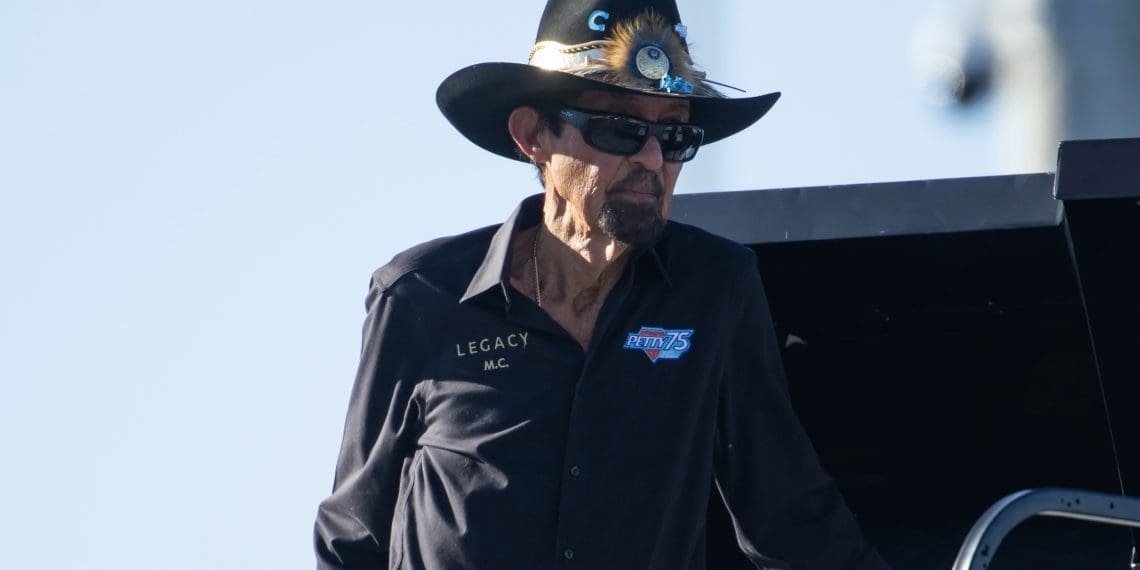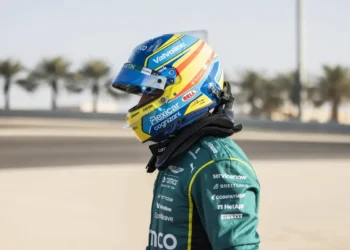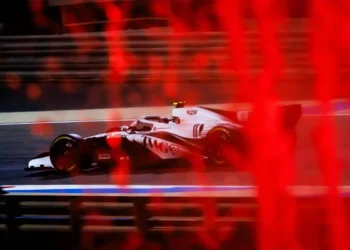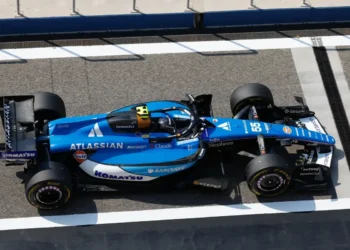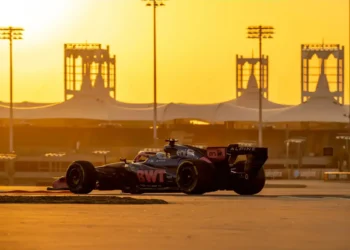For 76 years, NASCAR has evolved from a grassroots racing series into a global motorsports powerhouse. Guided by the France family, the sport has transformed into a multi-billion dollar enterprise, complete with a $7.7 billion media rights deal and high-profile marketing campaigns like the “NASCAR: Full Speed” docuseries. But this rapid commercialization hasn’t come without criticism—most notably from “The King” himself, Richard Petty.
Petty’s Legacy and the Simpler Days of Racing
Richard Petty, a seven-time Cup Series champion and winner of 200 races, is an undisputed legend of NASCAR. His achievements came during an era when the sport was simpler—more about racing and less about sponsorships, media appearances, and brand image.
In a recent Petty Family Racing video, the 86-year-old icon reflected on how NASCAR has changed since his heyday:
“It’s just a different world out there… When we used to run and stuff, it was more of a sport, and the people looked at it as a sport.”
Petty’s comments speak to a bygone era when drivers were judged purely by their performance on the track. In his day, fiery feuds like the 1979 Daytona 500 fight between Cale Yarborough and the Allison brothers didn’t require public apologies or statements crafted for sponsor approval. Drivers were free to race—and sometimes brawl—without worrying about PR repercussions.
The Shift to a Commercial Era
The commercialization of NASCAR began to pick up steam in the 1990s, with major brands like Kellogg’s, Tide, and Corn Flakes stepping into the fold. By 2024, sponsorships became the lifeblood of the sport, dictating not only the financial stability of teams but also the behavior of drivers. Today’s racers are expected to be more than athletes—they’re brand ambassadors who represent their sponsors on and off the track.
Petty highlighted the strain this puts on modern drivers:
“Now, it’s got so commercial that even the drivers… have to go do appearances. They have to be squeaky clean…so that they don’t embarrass the sponsors.”
NASCAR’s Driver-Centric Future
In an effort to deepen fan engagement and further monetize its drivers, NASCAR plans to introduce a driver-centric marketing strategy in 2025. Using a proprietary app, drivers will be offered financial incentives—ranging from tens of thousands to $1 million—for participating in promotional activities like podcast interviews, media appearances, and social media campaigns.
NASCAR COO Steve O’Donnell explained the reasoning behind the shift:
“The drivers recognize that this is a sponsor-driven business. The more sponsors we can bring in, and the more eyeballs, it’s great for the sport, and ultimately, great for them as well.”
The strategy will extend beyond the Cup Series to include Xfinity, Craftsman Truck, and grassroots racing, aiming to build more personal connections between fans and drivers. NASCAR’s Charlotte-based production facility will spearhead the project, providing behind-the-scenes content that showcases drivers’ lives off the track.
The Cost of Commercialization
While NASCAR’s new direction seems progressive, it also raises questions about the cost of such commercialization. Drivers, already juggling grueling racing schedules, now face increased pressure to conform to NASCAR’s curated image. By dictating which outlets drivers engage with, the sport risks eroding the authenticity that fans have cherished for decades.
Richard Petty, who famously built his legend on racing alone, would likely balk at the idea of being handed a list of marketing obligations. The freedom that defined his era has been replaced by carefully controlled narratives designed to maximize sponsor appeal.
Balancing Racing and Branding
The focus on branding and sponsorship isn’t inherently bad—it’s the reality of modern motorsports. But as NASCAR tightens its grip on driver activities, it risks alienating long-time fans who yearn for the raw, unscripted energy of racing’s golden days.
Petty’s sentiment is echoed by fans who see the sport’s increasing commercial focus as a double-edged sword. While initiatives like “NASCAR: Full Speed” and multi-billion dollar media deals expand the sport’s reach, they also pull it further away from its roots.
A New Era, but at What Cost?
Richard Petty’s era of unfiltered racing drama may be fading, but his criticism serves as a reminder of what made NASCAR great in the first place—its authenticity. As the sport dives deeper into driver-centric marketing and commercial partnerships, it must find a way to balance its financial ambitions with the unvarnished passion that brought fans to the stands for generations.
While NASCAR’s future is undoubtedly bright, the question remains: can it evolve without losing its soul? If Richard Petty’s reflections tell us anything, it’s that racing must remain at the heart of the sport, no matter how big the brand becomes.

